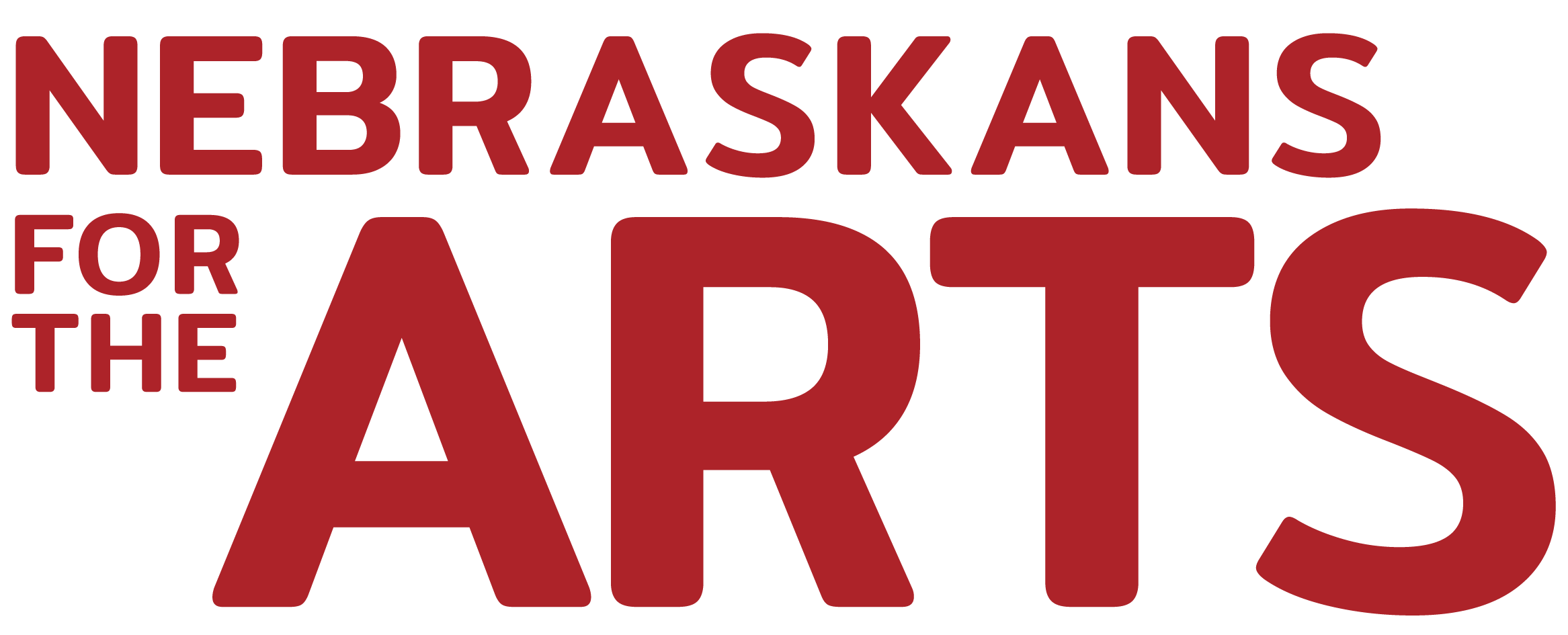Executive Director at Girls Inc. Omaha
Interview with Wilhelm relayed by Nebraskans for the Arts director, Marjorie Maas
MM: Where does your love of the arts come from?
RW: Well I have had a lifelong interest in performing arts, particularly theatre. My mother was a high school theatre teacher and would take me to plays. This was a special treat for birthdays and sometimes meant going into New York City for a performance. My interest in the arts started very, very young.
MM: Tell me how arts education or a particular arts educator was impactful to you in your youth?
RW: My mother was obviously instrumental, but so were my high school theatre teachers. My father was in the army, and for the first three years of high school we lived in Tehran, Iran. I had a drama teacher there and extracurricular activities were particularly important when we lived overseas. This teacher was very supportive and encouraging. We came back [to the United States] right before my senior year: this is devastating for a senior in high school. I was very involved in Tehran, held leadership positions in my class, loved my friends, and was enjoying the theatre program. When we came back, I didn’t feel connected at all to the new school and students. Theatre was again the entrée to making friends. The drama teacher was very supportive, cast me, and I went out for Forensics (we didn’t have Forensics in Tehran). This teacher supported me participating in theatrical productions. I would have been miserable without theatre; it truly engaged me during my senior year.
MM: How have the arts continued to be part of your life?
RW: I pursued both undergraduate and master’s degrees in theatre. My first job was at Omaha’s Emmy Gifford Children’s Theatre (now called The Rose). I did nearly everything during my twenty years there: from the assistant receptionist, to the artistic staff, then management, and in the last couple years I was executive director. I then moved to Girls Inc. and have been there for 9 years.
MM: How does your artist background inform and enhance your work at Girls Inc.
RW: Many different ways. I directly work with girls in drama. We’ve presented for the last 12 years a play called “Broken Mirror” every year at The Rose. It’s written by and for teen girls and is something I started doing while still at The Rose. We do a weekly workshop called Drama Queens which utilizes improvisation and writing. Also, a big part of executive director work is storytelling – telling the Girls Inc. story to donors, board members, and peer affiliates. It’s telling them a story about the organization and why they should give or be involved. What is the human drama there and what makes it compelling? I think I am a creative person and that’s not shocking because of my theatrical background. However, creativity can be helpful in any endeavor – but I find especially in nonprofit management and fundraising – if you aren’t creative, you’d better have a creative side kick!
MM: Anything else you’d like to share regarding the arts or arts education?
RW: I see firsthand every day the impact that art has on the lives of the girls. 50% of our teens are in the foster care system with very challenging circumstances. I see how art transforms them and helps them develop soft skills to be successful in life through theatre, dance, and visual art. For instance, with clay you’re going to work with the raw material, it has to be glazed, and then fired – you’re working with the concept of delayed gratification. Through the arts, the girls learn to be open to interpretation, sharing tools of a craft, working together as a team – these aren’t easy to teach in a math class but are essential skills. While they are doing art activities, the girls are learning what it means to be a human being. This is what art does. I see it every day and see girls over a period of time from age 9 who are now age 18 and going to college. The arts are steering them on to a different path or giving them something to cling to. Something like theatre is going to be important in their lives.


